Blog Posts From The Glorious Future: How Texas Was Won
We faced terrible choices in the early days of the Great Redo. I was in charge of picking the least terrible.
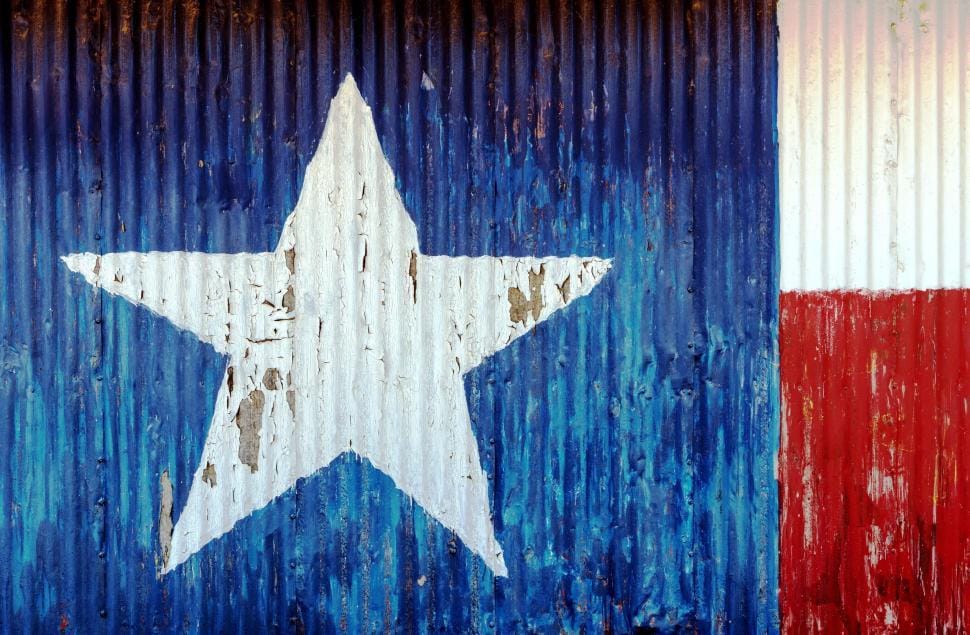
“Federal law is supreme and federal law will be enforced.”
That’s what the president’s note read on that bloody Friday. And I couldn’t square it with my father’s advice, though maybe I should have.
I was ready to relent, to pull back and regroup and maybe rethink our approach to democratizing Texas. It was such a heavy lift. I could sometimes feel the weight of it on my body, in my body, while I tossed and turned at night, trying desperately to get a little sleep before getting up with the sun and starting another day disassembling the autocratic regime that had ruled our state for so many years. I wasn’t eating or sleeping much in those days. I was doing a lot of vomiting though.
Subscribe to Bad Faith Times for free or become a supporter and join the growing BFT discord community. You can leave a tip here if you're into BFT.
I could feel that weight when my aides told me about more casualties on the front lines of the fight to turn Texas into a democracy. I felt the weight when mothers and fathers sympathetic to the cause would gather by the hundreds outside the governor’s mansion and plead for peace with the insurrectionists who had made it their life’s duty to stop the Great Redo. My body ached from the weight of millions who so badly wanted to live freely in Texas. My head throbbed thinking about the scores of Redo activists who had finally seen the light of democracy after so much darkness and despair, and would now pressure me to do whatever it took to deliver the lofty promises of the Great Redo. It was them who pushed me, who kept me going.
I wanted nothing more than to stop. Perhaps there was a deal we could cut with the insurrectionists taking up arms in various parts of the state as the reformed Surpeme Court undid the authoritarian-style gerrymanders of Texas districts, opened the southern border for migrants seeking food and shelter and work, outlawed all limitations on abortion care, and opened up federally-controlled hospitals that would serve anyone – even immigrants without proper documentation – free of charge. The reproductive health clinics, the federal hospitals, the new border facilities welcoming migrants from South and Central America – they were all under near-constant siege by the enemies of democracy, whose ancestors had turned this great state into a living nightmare of fascist fantasies.
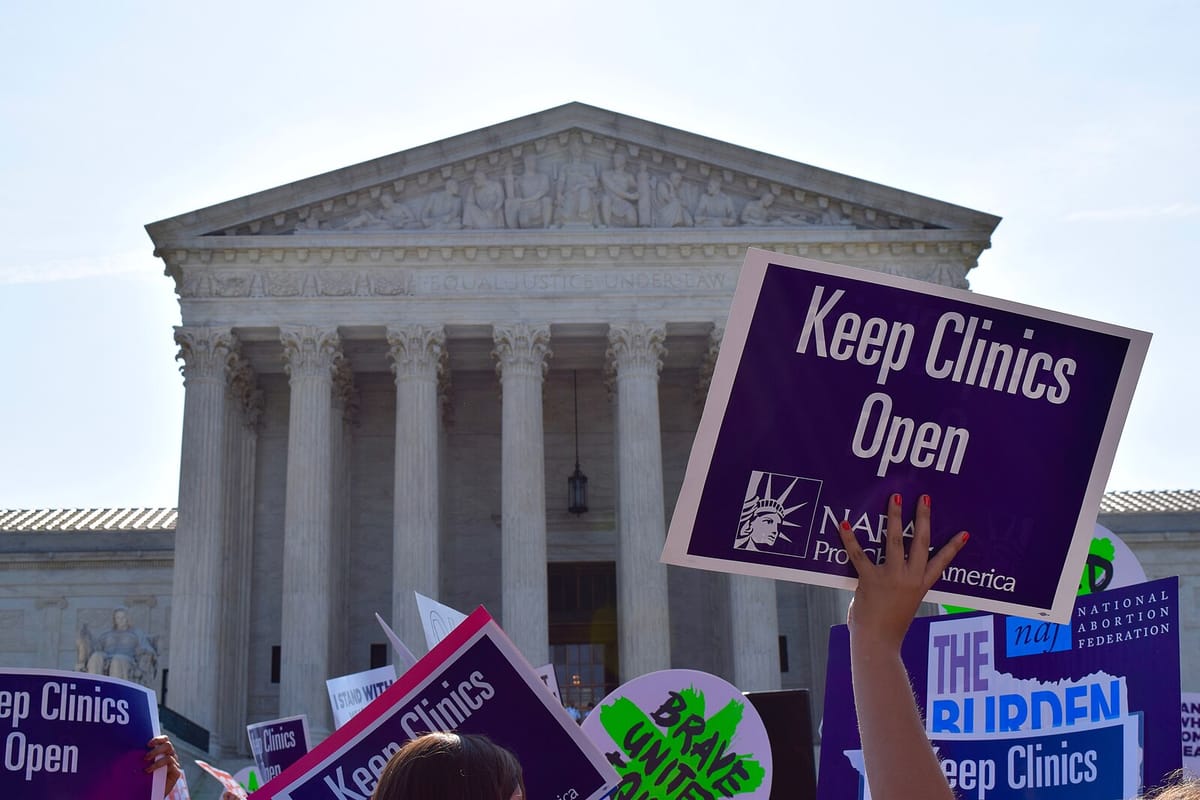
My father had told me – begged me, in fact – to reconsider running for governor mostly because he knew I could win, and that if I won, I would be charged with overhauling every political and cultural aspect of the state. He knew – if the reformist presidential candidate swept into power with her promises of the Great Redo – I would be charged with running headlong into a fortified opposition of violent men whose power had not been challenged in generations. My dad cried over the phone one night and asked if I would reconsider and settle down and have a family in the suburbs, the way my brothers had done. “They’re happy,” dad said between sobs. “You can be too.”
I had served on the Dallas City Council for a couple terms, then in the state legislature for a decade, where I felt like an ornament in a body that needed some powerless opposition to complete the sheen of democracy. The one time I threatened to gum up the works for a particularly heinous piece of legislation that would have required school children to download apps on their school-provided tablets that allowed them to report suspected undocumented immigrants, the speaker of the House swung by my office accompanied by three marshals with hands on their firearms. He reminded me about the importance of civility in the state house.
“Let’s not ring any bells that can’t be un-rung,” the speaker said as he sauntered out of my office. He winked and added, “The business of democracy must go on.” One of the marshals glared at me as she followed the speaker down the hall.
I never told my dad about that; I feared he’d try to kill the speaker. My dad was the first one to encourage me to get into politics, and I had always seen him as a sort of guiding political light even though the guy had always been the least political person you’ll ever meet. A deeply incurious man, he delivered mail for thirty years and spent his weekends tinkering with old computers and TVs in our garage. Sometimes he drank too much. Mom and my older brothers and I tried to ignore it since he wasn’t a belligerent drunk; after eight or ten beers he’d usually fall asleep on the futon in the garage and get up in the morning like nothing happened, looking like absolute hell.
There was a sadness about my dad during the Bad Times, even though he could not give a single shit about the political machinations of the day. Probably he couldn’t name the vice president or more than a few members of Congress. He certainly had no idea who was overthrowing American democracy from their seat on the Supreme Court during the depths of the Bad Times, before the Court was reformed. But even a politically alienated and disconnected person back then could feel the despair that seeped into the national fabric. It found its way into every crevice of American life, this hopelessness, this sense that only the evil could thrive. It seemed a scientific certainty that our best days were long behind us and we would be ruled by fascists and petty tyrants for the rest of our lives. That lack of agency, I think, turned my dad into a sad sack of a man. I resented him for it. I was young and idealistic and wanted a reason to hope for a slightly brighter future. I’d look at him, half drunk and messing with forty-year-old laptops and listening to horrendous music from his youth and I would think, ashamedly, that he would be better off dead.
You can imagine that such a man encouraging me to do politics was disorienting. My parents had never seen me – a quiet kid, reserved to an almost debilitating extent – quite so fired up as I was after my high school had not only banned what was called the Gay-Straight Alliance Club, but suspended everyone involved. That included me, the club’s vice president. LGBTQ literature had been long banned in Texas schools, but courts had ruled that these alliance clubs were protected by the First Amendment. The ghouls on the Supreme Court couldn’t help themselves during my junior year: They voted 5-4 to allow states to punish students who engaged in organizations that “encouraged anti-natal sexual acts” because these groups “contributed to the nation’s declining birth rates, a national threat,” according to the federal government.
I’ll never forget that Court opinion. I cried hot tears while reading it one morning on my phone. The whole episode triggered something in me that had lied dormant for my first sixteen years. A fire was lit in my belly that day, and my parents could see it. I was never the same.
Always sure to preface his advice with a reminder of his political ignorance, my dad came to life in the weeks after the alliance club was disbanded and the club members served their weeklong suspensions – a warning to anyone who would dare try to reinstitute the club. Two months later I was volunteering for the campaign of an upstart state senate candidate who would end up losing after a Republican judge invalidated a couple thousand Latino votes that helped put our opponent over the finish line. It didn’t matter. I kept going, volunteering for progressive groups and campaigns until one day, I was running for city council. I won handily. I had never seen my dad quite so happy. His eyes, once dull and lifeless, were now vibrant and somehow brighter. In me I think he saw a sliver of light in the darkness that had fallen over everything in the Bad Times.
My father’s only actionable advice throughout my political career was to do the right thing. “That way,” he said with the naivety of a child just learning about his world, “you can’t go wrong.”
Not only was I the first Democratic governor of Texas in more than half a century; I was also the state’s first Latino governor. If that wasn’t enough to invigorate the enemies of democracy, I was also the state’s first LGBTQ governor, though I had internalized the advice of party strategists and wise elders who told me not to “flaunt” my sexuality in public. So I didn’t. I regret that today, of course. In many ways I did not win the governor’s office on my own terms, even if I did claim victory by a relative landslide, 52-46 percent. I would have won by more if the corporate Democrats hadn’t run their own independent candidate – a former Republican who operated one of the state’s concentration camps years earlier – to keep the state in Republican hands. That lady for some reason fled to Russia the day after the election. There was a lot of fleeing to Russia in the early days of the Redo.
I had to be escorted into the governor’s mansion on Day One of my first term. Along with my lieutenant governor and four of our closest aides, I was surrounded by state troopers dressed in full riot gear, fending off throngs of anti-democracy protesters blocking the entrance to the governor’s mansion. I don’t recall much about that harrowing walk to work. I heard gunshots in the distance and found a splatter of blood on my forehead when I finally arrived in my office, though I didn’t know whose blood it was.
My chief of staff, Mina, fell to her knees and vomited when we were finally alone in my office. She dry heaved for a while, my lieutenant governor stared blankly at a wall adorned with portraits of autocratic governors past, I staved off a panic attack while cleaning the blood off my face, and we got to work with the democratization of Texas.
It started with the hospitals. A bunch of long-shuttered rural hospitals were reopened and revitalized with federal funding that – I was assured – would never run out. The price tag, according to a White House official who used to brief me every morning on the daily Redo agenda, was “whatever it took.” So we opened the hospitals and staffed them with well-paid nurses and doctors and the people of Texas who had gone most of their lives without proper health services lined up for care. Mina showed me a video of people desperately searching for some place to pay for their care, only to be told by hospital staff that it was free of charge. A lot of folks laughed and hugged each other. Some cried. One older white man with a wispy white beard – conditioned, like so many Americans in the Bad Times, to expect nothing from their government – wiped a tear from his cheek and asked a nurse, “How are you going to pay for this?”
“Don’t worry about that,” the nurse said with a smile. The man broke down as the nurse rubbed his back and told him it would be OK. He said he would be back tomorrow with his diabetic wife, who had gone three years without a doctor’s appointment.
The local news had a story about hundreds of children being vaccinated for the first time in their lives after their parents, for the first time, were exposed to accurate information on vaccines. They had always lived in a United States where medical disinformation was official federal policy. It’s why their kids were sick and dying. One child on the local news segment got his first shot and hugged his mother. “I’m not dead!” the little girl cried out. “I survived!”
We organized buses from the southern border to government-run clinics and hospitals. Our opponents accused us of busing migrants to these facilities, expecting us to deny it, like Democrats might have done in the Bad Times. I issued a statement that day confirming the state-assisted migrant crossings and said we would do whatever it took to feed and care for these desperate families seeking a better life in America. “You can try to stop us, but you won’t,” I said in my statement.
My dad didn’t like that line. He thought it was too provocative. Maybe he was right.
After the president’s additions to the Supreme Court legalized abortion, we set out to open a hundred reproductive health clinics across Texas. The Redo edict said to focus on rural areas, so we did just that, converting all manner of buildings into clinics and recruiting abortion providers from other parts of the country and from overseas. We paid them well and promised them adequate security. I had no concept of what adequate security really meant in a state rapidly moving from authoritarianism to democracy.
I remember where I was when Mina, my chief of staff during that first term, told me about the rebel siege of clinics and hospitals across the northern and western parts of the state. With the Redo in full swing and federal funds pouring into state coffers at an unprecedented clip, I was finally feeling well enough to eat a couple meals a day. My increasingly sagging pants told me I needed something in my belly. I was eating a chickpea salad and sipping on a lemon seltzer when Mina came running into my office. It was the first time I had ever seen her disheveled. She had always been such an immaculate dresser; I thought maybe we had been nuked.
Mina told me there had been coordinated attacks on reproductive health clinics and state hospitals in at least six towns and cities, and there was reason to believe we could see another three or four by nightfall. A dozen people had been confirmed dead. Hundreds were injured. Local police, she said, were involved in these attacks, and one pro-Redo sheriff in west Texas told Mina not to trust anyone in law enforcement amid the chaos of the attacks.
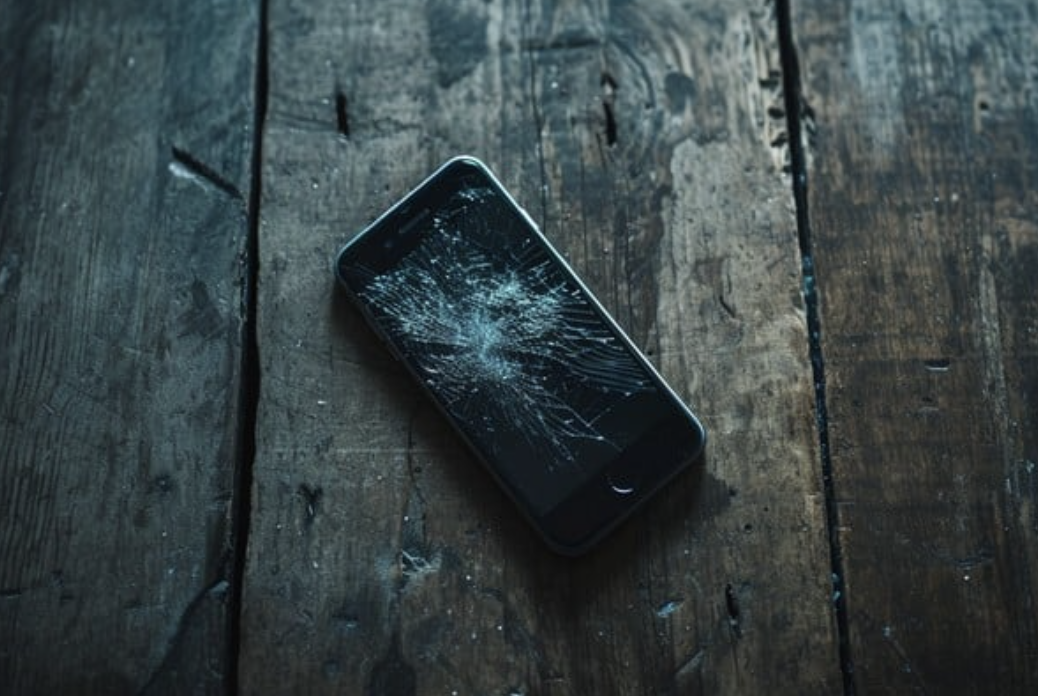
That left the feds. We called out White House contact and told them we could rely on no one in Texas to defend the Redo. This, I understood, was a coup against my administration. I had to stop myself from imagining what the insurrectionists would do to me and Mina and the rest of my staff if they succeeded. My imagination ran wild: I pictured a leader of the anti-Redo forces with his feet resting on my desk, smiling at my decapitated head sitting next to Mina’s. Only two weeks later, the pro-Redo governor of Louisiana and his teenage daughters were killed when a drone struck his armored vehicle. Not long after that, the pro-Redo governor of Florida was hanged outside her home; she only lived because the cheap rope snapped. The president suspended habeas corpus and arrested nearly two hundred Floridians involved in the plot. They never again saw the light of day.
Our White House contact told us to keep all communication offline. There were too many enemies entrenched in the federal government to use official lines of communication that had been monitored since Day One of the president’s term. So no text messages, not even using supposedly secure messaging apps because – as paranoid as it sounds today – Redo opponents owned those apps and could compromise the cause. The extent to which we were under siege did not strike me until that day. I pulled my staff into a closed door meeting on the first night of the insurrection and told them they have to be willing to die for the Redo if it’s going to succeed.
There was immediate agreement: We were prepared to give our lives for the chance of democracy in Texas, however slim.
With about three hours of notice, four thousand federal troops marched into northern Texas on a Friday morning in early March and were immediately dispatched to the hospitals and clinics that had been overtaken by insurrectionist forces, led by county and state police officers who had deemed me and my administration a foreign threat. They needed a reason to be violent, so they invented one. For so long, American conservatives – radicalized by the dangerous social media algorithms the president would one day ban – had indulged in their most violent fantasies because the internet had given them permission to do so.
The Bad Times were animated by a wholly invented “invasion” of the United States by immigrants from the global south. This invasion was made real in the imaginations of enough people that the government had the right – or even the need – to unleash military might against those migrants and those who advocated for their basic rights and humanity. This violence deployed by the right in the Bad Times was seemingly cathartic for an aggrieved people who knew their time in power was almost up. I don’t like to compare people to animals, but I’ll make an exception: These Americans were like rabid dogs clinging to life, lashing out against anyone in sight.
Now they had found a reason to overthrow me, a duly elected governor who won in a certifiably free and fair election in a state that was neither free nor fair. They said I was an agent of Mexico sent to seize Texas for the Mexican government, that I was a Manchurian candidate for Texas. It didn’t seem to matter to the insurrectionists that my mother was Ecuadorian and my dad was Peruvian. Small details, I suppose.
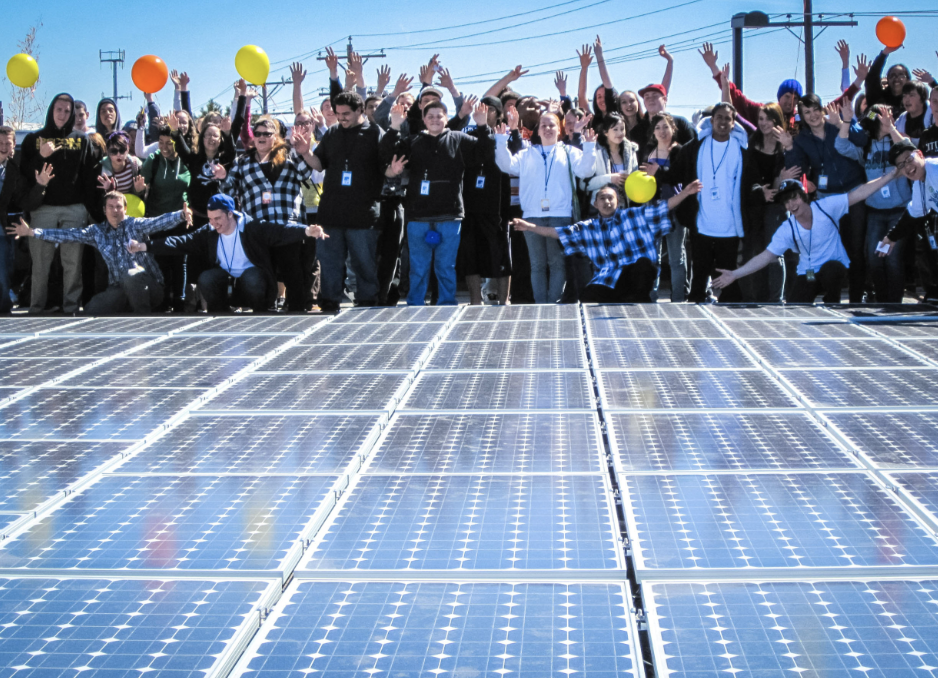
We knew four thousand troops wouldn’t be enough to secure the entire state. My dad’s advice – to always do the right thing – underwent a stress test over the next few hours as Mina and I – along with our White House contact who I cannot name – considered doing the unspeakable: Arming pro-Redo activist groups that had trained for years to defend themselves and their communities against the fascist threat. They had spent years arming themselves thanks to the state’s nonexistent gun laws, but had been largely disarmed by Republican lawmakers who eventually passed targeted gun restrictions on so-called enemies of America. Police had raided the homes and bunkers of pro-Redo leaders and seized almost every last weapon. Our White House contact said it was time to make that right. It was time to arm our allies and help them coordinate with federal troops and let them loose on the insurrectionists taking over state hospitals and clinics and shutting down border crossings. There could be no backing down now. Our reformist government would have been dissolved by morning if we didn't hit back. The entire project was at stake.
By now, all these years later, you surely know that I did what needed to be done. It wasn’t easy though. It was, in fact, excruciating.
Like any son, I wanted more than anything to please my dad. I was desperate for his approval in all matters; it fueled me in times of weakness. It pained me to know I could not have his approval if I were to go through with this plot, which was guaranteed to end with massive bloodshed among the combatants and innocent bystanders. I almost killed the plan in the final moments before approving the arming of our allies because I knew my father would be disappointed in me.
Our White House contact dropped off an hour before the plan was to move forward. I suppose that person wanted some cover in case things went sideways. Mina was asking me for final approval of the transfer of weapons to five key activist groups in the northern and western parts of Texas. I found myself staring blankly at my desk, thinking of my chopped-off head on that desk, unable to give the order, unable to think of anything but my dad telling me to do the right thing.
It was then, as Mina asked me a second and third time for final approval, that our youngest staffer, a girl named Amy who had been shot a few months earlier while helping women receive abortion care in the southern part of the state, knocked on my door. “What is it?” Mina snapped at the girl, who couldn’t have been older than nineteen.
“I have this note,” Amy said with a voice so quiet I could hardly hear her. “It’s from the president.”
“What do you mean, from the president?” Mina asked. Her voice quaked. I thought she might lose it completely.
“I picked up the phone and the president told me to write this down,” Amy said, presenting a folded piece of notebook paper. “She said it was better if she didn’t talk to you tonight.”
Mina handed me the paper and I opened it while looking at Amy, trying to gauge whether this girl was full of shit.
“Federal law is supreme and federal law will be enforced,” the note read. “Do the right thing.”
Follow Denny Carter on BlueSky at @dennycarter.bsky.social.
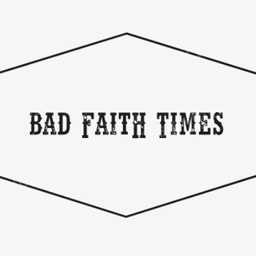
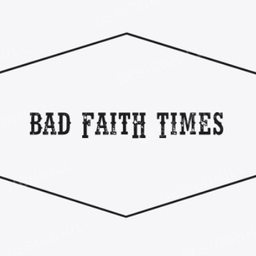
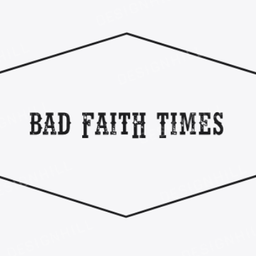
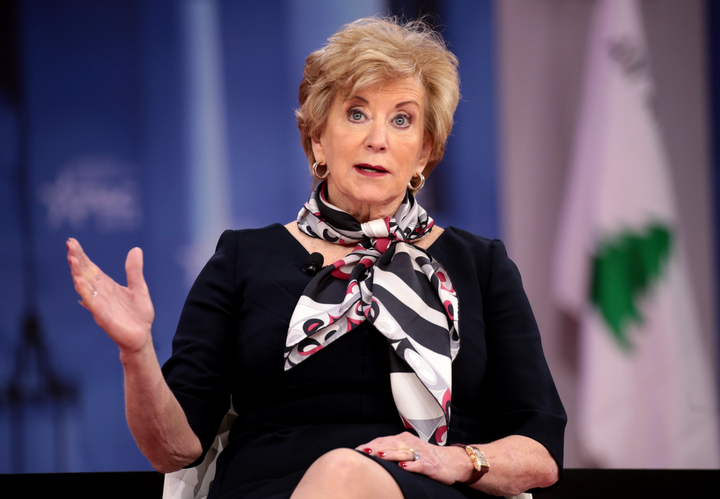
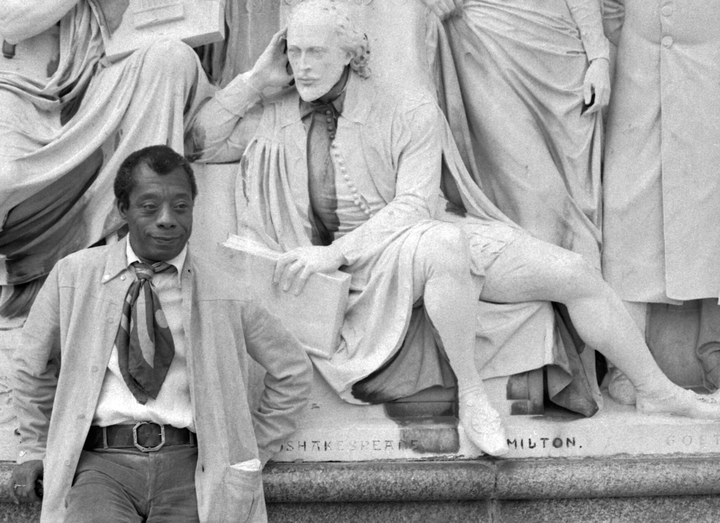
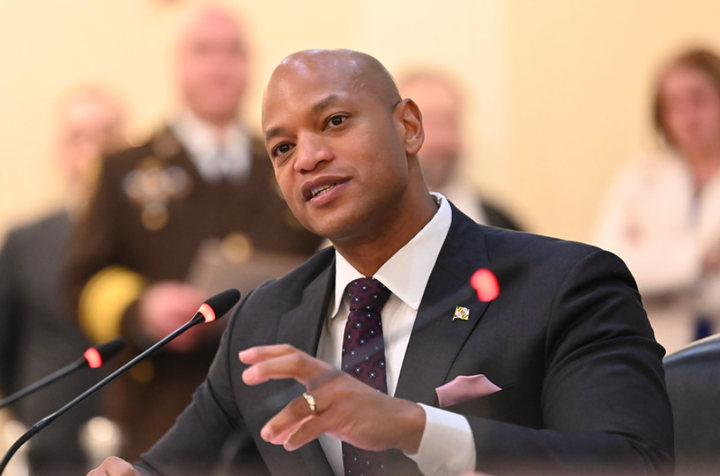
Comments ()